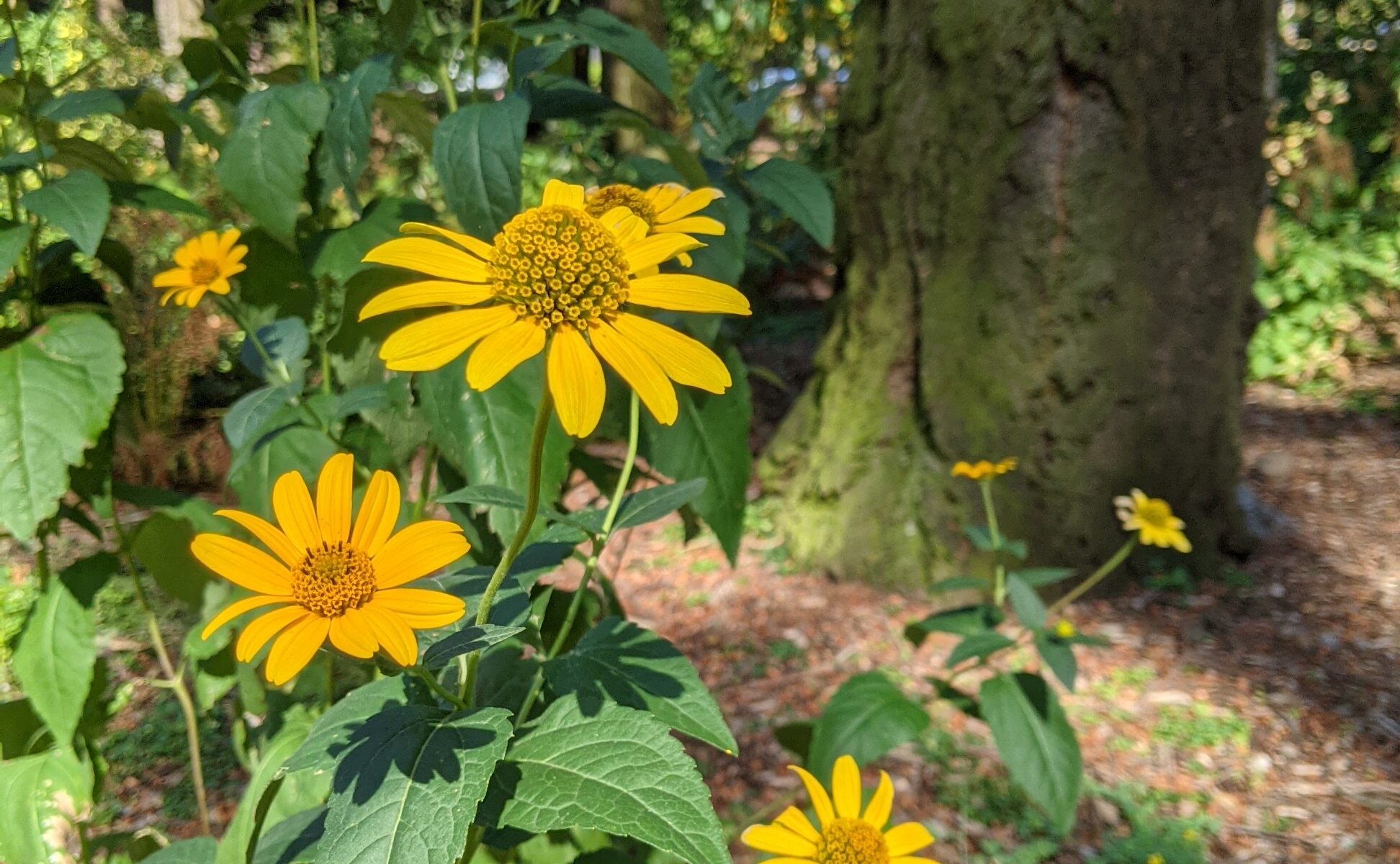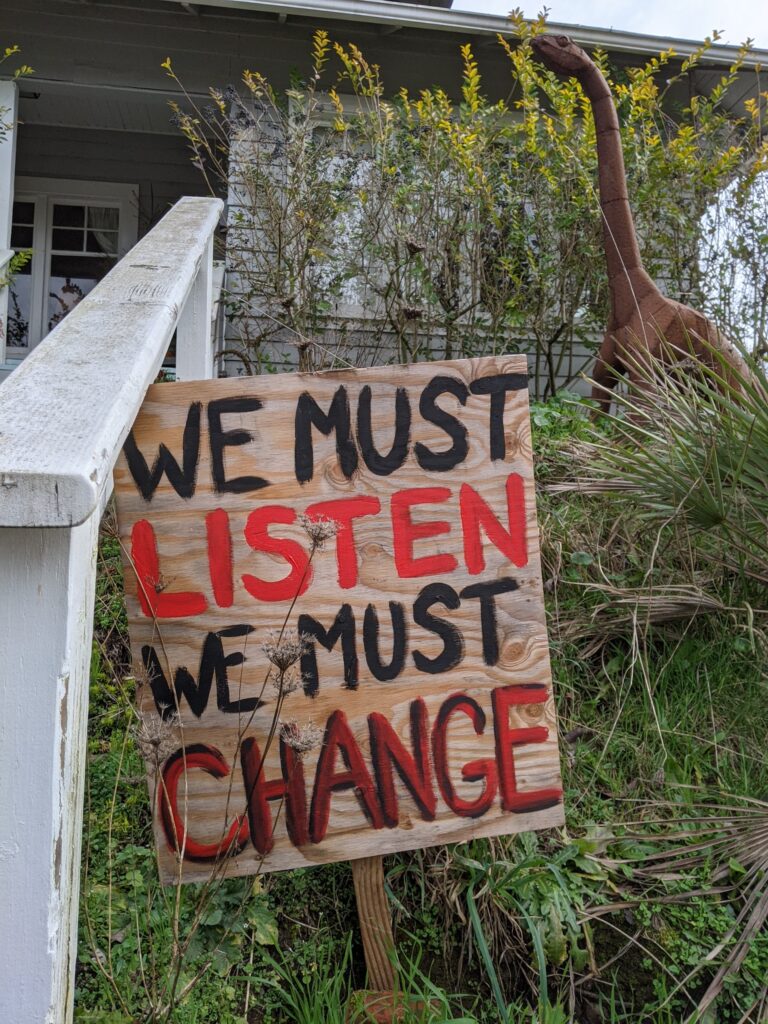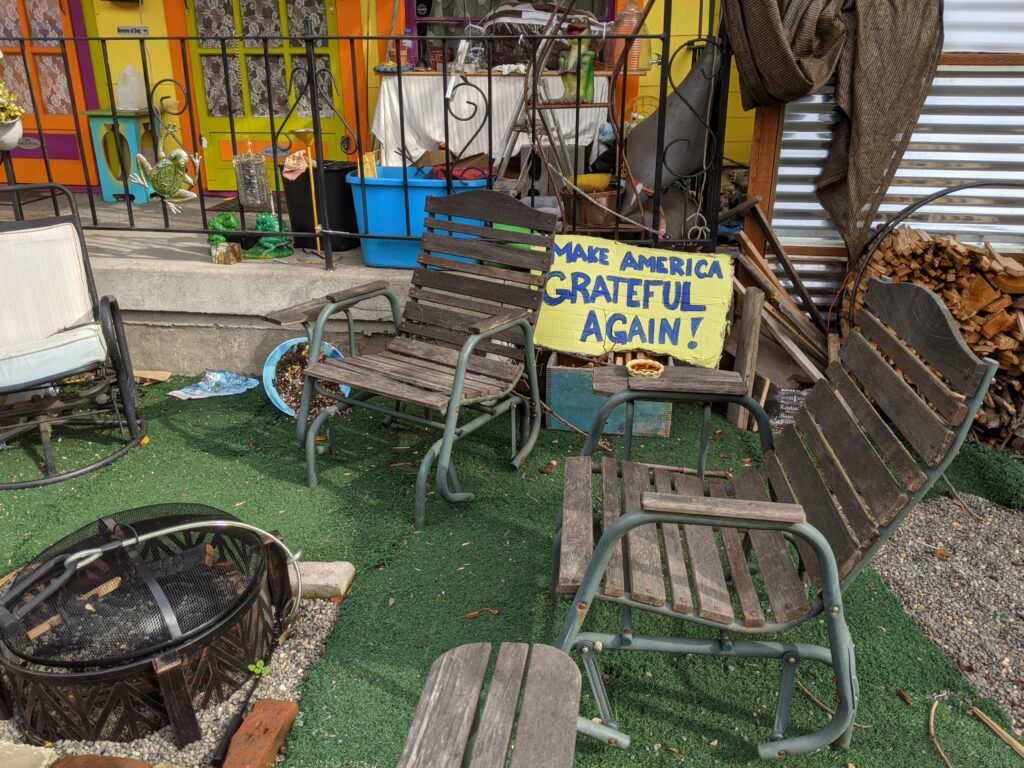 Poet Bethany Reid’s most recent collection, The Pear Tree: elegy for a farm, won the Sally Albiso Award with MoonPath Press because it is gorgeous: language and rhythm, botany and breath from generations of a family surviving and thriving. She weaves memory of prayer and the King James Bible ever-present along with the growing curiosity of a child who sees wonder in the world. These poems bring to life grandmas and hayseed, the harvest and also the season when seed does not grow as promised:
Poet Bethany Reid’s most recent collection, The Pear Tree: elegy for a farm, won the Sally Albiso Award with MoonPath Press because it is gorgeous: language and rhythm, botany and breath from generations of a family surviving and thriving. She weaves memory of prayer and the King James Bible ever-present along with the growing curiosity of a child who sees wonder in the world. These poems bring to life grandmas and hayseed, the harvest and also the season when seed does not grow as promised:
Even so, the table had to be set for supper.
Mother, Father, older brother, younger
brother, younger sister, you,
all heads bowed, eyes closed, your mother’s hand
on the metal tray of the highchair
to keep the baby from banging her spoon
(“The Blessing”)
Poem after poem, I am immersed in this world. And the collection is much more than a “haunting elegy” writes poet Holly J. Hughes. “It’s a powerful evocation of childhood and a vanished way of life.”
Throughout the pages, an “ordinary pear tree” stands in witness, one planted by a grandmother on homesteaded land. Listen to this music!
Common pear tree, Pyrus Commuris.
Well water, dark deep, a child’s
reflected face. Grass knotted
with bullthistle, bumblebees
burrowing into purple crows.
(“The Kingdom of Childhood)
I love the honesty of Bethany’s voice. Along with the vivid presentation of life on the land, she shows us the coming and going of family. The “Little sister / crying to be picked up” and the grandma “wrinkled. I wrap her in my arms. / I bear her up the stair.”
The poems are elegy to so many lives connected. We meet the older brother who tricks his naïve sister into believing whatever he tells her. In later poems we lose this man.
In “Failure to Thrive” the speaker convinces her parents to allow her a horse. The life-lesson is again unexpected. The ending is the now; the speaker has grown from one who hid her pain into a more courageous being:
And while waiting for her foal,
I pretended a whole future of horses,a horse-y-husband, a stable
with red and white doors
seven or eight horse-crazy kids.So how did all this pretending end?
With the foal, a filly, a little girl horse
that failed to thrive. I stood upfrom her loss, stood alone
in the morning field, mist rising around us,
and, oh, how fierce I was, pretending.I would no more pretend.
Let us finish off with the final poem of the collection, in its entirety:
THE BRIDLE
I saved my babysitting money to buy it.
The bit is what “The Horse & Pony Encyclopedia”call a Pelham, and my uncle Billy
called a gag, a severe bit for my tough-mouthedmare. Skittish, wayward girl,
reddish coat, blonde mane, cat-soft nosebeneath a wide white blaze,
four white stockings, which, my uncle said,meant she’d turn up lame. No creature
could outdo her for sheer will.Brandy is long buried in the past,
but her bridle hangs on a hooknear my desk. If the meek
inherit the earth, the stubbornhave their own narrow stall here,
and if a field of sorrow, another of joy.
You can listen to the author reading her poem here:
You can purchase The Pear Tree: elegy for a farm from https://bookshop.org, and from your local independent bookseller.
See Bethany read from The Pear Tree: elegy for a farm, and l read from my new book, You Can Call It Beautiful.
Continue reading “READ BETHANY REID’S LATEST POETRY COLLECTION “THE PEAR TREE: ELEGY FOR A FARM”
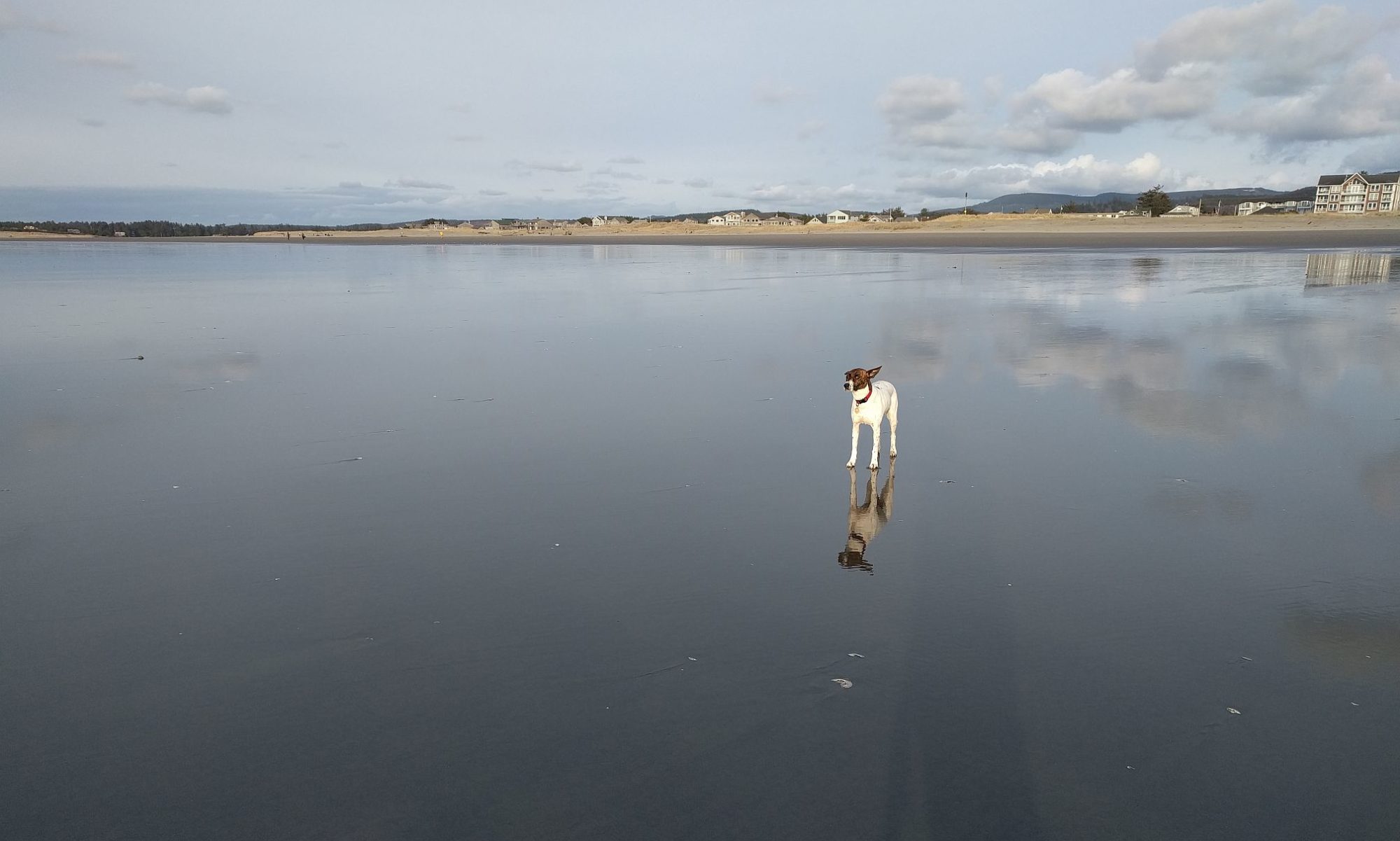

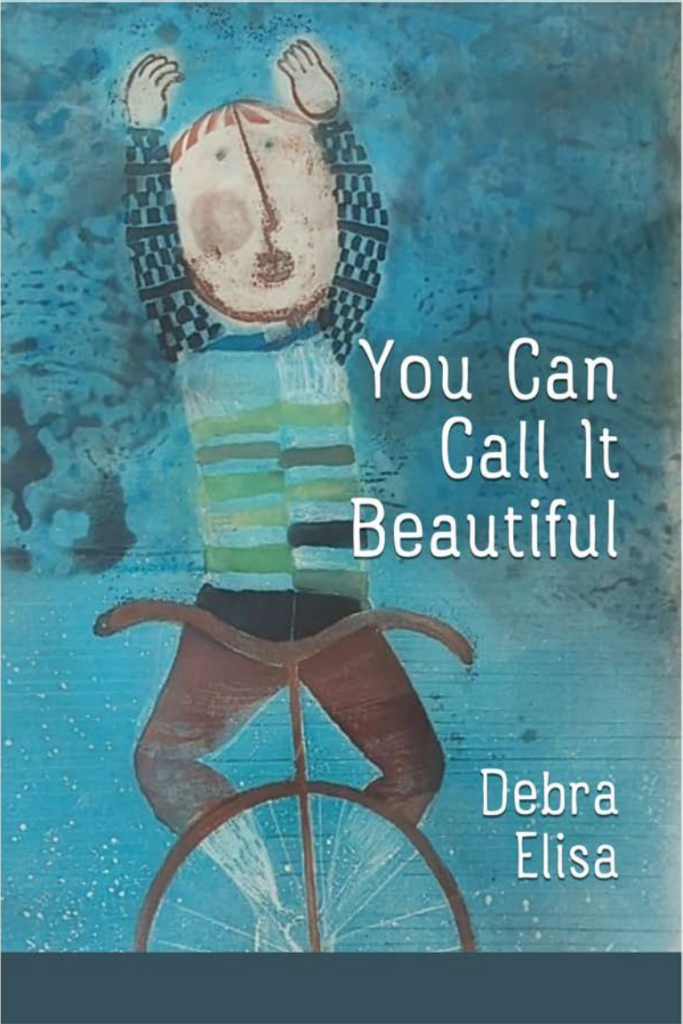
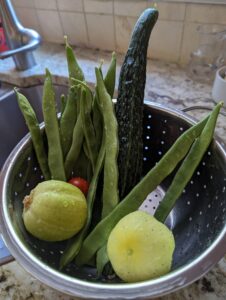
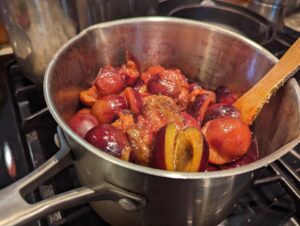
 Which seems an ongoing predicament: “It was the best of times, it was the worst of times,” Dickins wrote in the 19th century. Surely these words in some form have been written or spoken forever—which leaves the human being to grapple with finding and making meaning, nonetheless.
Which seems an ongoing predicament: “It was the best of times, it was the worst of times,” Dickins wrote in the 19th century. Surely these words in some form have been written or spoken forever—which leaves the human being to grapple with finding and making meaning, nonetheless.